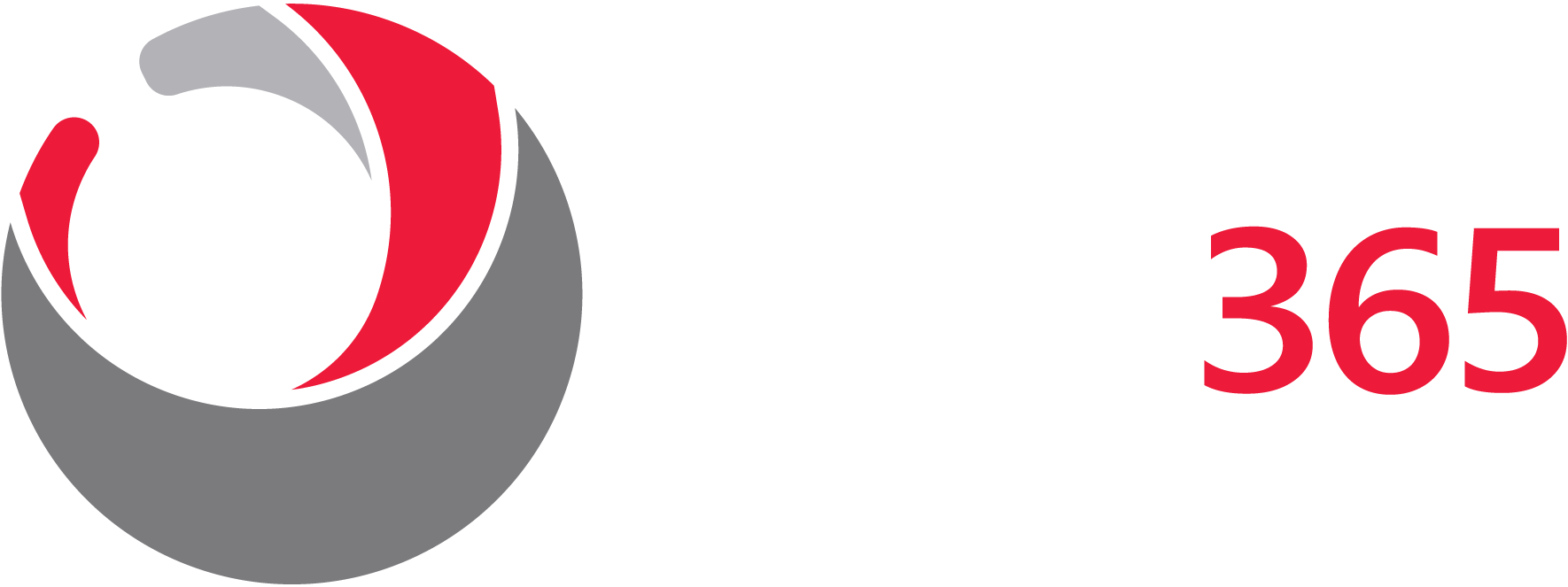Session Initiation Protocol (SIP) can help businesses in various ways by enabling efficient and cost-effective communication and collaboration. SIP is a signaling protocol used for initiating, maintaining, modifying, and terminating real-time communication sessions, such as voice and video calls, over IP networks. Here are some ways SIP can benefit businesses:
Cost Savings:
SIP-based communication is transmitted over IP networks, which can significantly reduce communication costs, especially for long-distance and international calls. SIP trunking, in particular, can consolidate voice and data traffic, leading to cost savings on traditional telephony expenses.
Scalability and Flexibility:
SIP-based solutions are highly scalable, making it easy for businesses to add or remove phone lines or expand communication capacity as their needs change. This flexibility is especially beneficial for growing or evolving businesses.
Business Continuity:
SIP supports redundant connections and automatic failover, ensuring that communication services remain available even in case of network disruptions or outages. This enhances business continuity and minimizes downtime.
Integration with Business Applications:
SIP can be integrated with various business applications, such as customer relationship management (CRM) systems and contact centre platforms. This integration enhances productivity and customer service by enabling contextual communication.
Improved Collaboration:
SIP-based video conferencing and collaboration tools facilitate virtual meetings, enabling face-to-face interactions among team members, customers, and partners regardless of their physical location.
Unified Communications:
SIP allows businesses to integrate various communication services, such as voice, video, instant messaging, and presence, into a unified communications platform. This integration streamlines communication, enhances productivity, and fosters better collaboration among employees and teams.
Multi-Device Accessibility:
SIP allows communication services to be accessed from multiple devices, such as desktop computers, laptops, smartphones, and tablets. This multi-device accessibility ensures that employees can stay connected at all times.
Enhanced Features and Functionality:
SIP-based solutions offer a wide range of features, such as call forwarding, call routing, voicemail, auto attendants, and call analytics, which enhance the overall communication experience.
Real-Time Communication:
SIP facilitates real-time communication, providing instant connectivity for voice and video calls, reducing communication delays, and promoting quick decision-making.
SIP can play a critical role in modern business communication, providing a firm foundation for unified communications, cost-effective calling, and enhanced collaboration. Its flexibility, scalability, and feature-rich capabilities make it a valuable tool for businesses looking to optimise their communication infrastructure and deliver a seamless communication experience to employees and customers alike.


